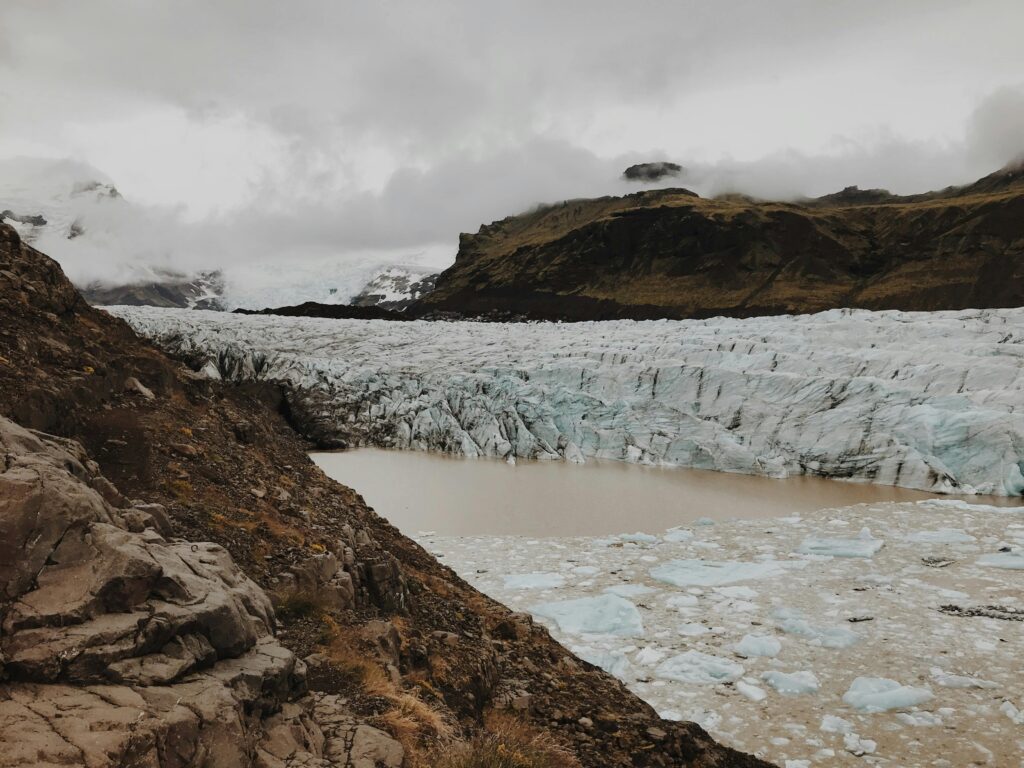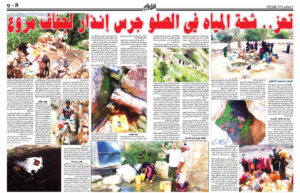Quoted from the Climate Now website: Original link
Whenever extreme weather occurs, people often ask: “Did climate change cause it?” Scientists will say that this question is wrong. The best way to think about it is to ask: “Has climate change made it worse?” In many cases, climate science already answers this question. When there's no specific source or study helpful, these facts, compiled by NPR's climate editors, can provide big-picture context for weather events.
How much has the climate warmed?
- It has risen The average global temperature is already about 2 degrees Fahrenheit (just over 1 degree Celsius) compared to pre-industrial times.
- Global warming is accelerating. It is caused by human greenhouse gas emissions.
- Scientists say humans must limit global warming to... 1.5°C above pre-industrial levels to avoid the most catastrophic effects of climate change. We are not on track to achieve this goal under current policies. Average temperatures in parts of the United States and the world are already more than 2 degrees Celsius above pre-industrial levels.
How does warming affect weather and other things?
- Climate warming leads to make Heatwaves, droughts and floods are more frequent and severe.
- Winter heats up Faster From other chapters. This causes snowpack to melt prematurely, damaging crops that need freezing temperatures, and expanding the range of vector-borne diseases.
Floods and sea level rise
- The floods became more frequent Frequency and intensity In most parts of the United States due to extreme precipitation and sea level rise due to climate change.
- And in the United States, Sea levels are rising faster On the eastern and Gulf coasts, with many communities disrupted by flooding even on sunny days.
- And he warns Scientists predict that without significant reductions in carbon emissions, rising sea levels will displace millions later this century.
Tornadoes
- Cause hurricanes More severe floods Due to the combined effects of rising sea levels, warmer air and warmer ocean water.
- Hurricanes move more slowly and fall more rain as the Earth warms. Once they reach land, They still take a big punch and lose strength much more slowly . Fifty years ago, a normal storm 75% would lose strength within the first 24 hours after reaching Earth. Now, he only loses 50% in the same time period.
- Hurricanes are likely to be larger and more frequent Stronger when they form over hotter ocean waters . Climate change is causing sea surface temperatures to rise globally.
Forest fires
- Climate change increases the probability Large and destructive forest fires occur due to high temperatures and drying out of plants. Other factors include expansion of development and excess availability of fuel due to past fire suppression.
- Rising average temperatures lead to... Increasing the length of the fire season And the number of places where fires can occur. In recent years, fires have expanded North Pole And even in some Rainforest .
Biodiversity and habitats
- Human activities, including climate change, have exposed approx One million species are at risk of extinction , many within decades. Climate change is expected to become the main cause of extinction as temperatures rise.
- This leads to rising temperatures and changing precipitation patterns To disturb stability Natural ecosystems, threatening biodiversity.
health
- Scientists say climate warming is exposing... health Americans are at risk through extreme weather disasters, deadly heat, unhealthy air, and more disease.
agriculture
- A warming climate is already making it more difficult to grow food in some parts of the world, e.g California , which depends on the snow accumulated in the Sierra Nevada mountains for irrigation purposes. Climate models predict disturbances More dangerous in global agriculture within a few decades in the future due to changing rainfall and extreme weather.
- around a fourth Total global greenhouse gas emissions come from growing food. Land clearing is the biggest culprit, because it releases carbon dioxide stored in the soil and trees. Other greenhouse emissions come from nitrogen fertilisers, and from methane-laden burps of cattle and sheep.
- there Solution Potential to reduce greenhouse gas emissions resulting from agriculture. The most important change would be to use less land to grow food, converting farmland into permanent grassland or forests that can capture carbon dioxide from the air. This goal can be achieved by increasing the productivity of existing land, reducing the consumption of meat (especially beef), and reducing the use of biofuels such as ethanol, which is made from corn.
How much time do we have to end carbon emissions?
- Scientists say that The world essentially needs to eliminate new carbon emissions by 2050 to avoid the most catastrophic effects of climate change. Because this represents a daunting challenge, they say new technologies are needed to actually remove greenhouse gases from the atmosphere.
- Carbon dioxide emissions remain at Atmosphere For hundreds of years, so even if it drops to zero, the planet will continue to warm for a long time. But cutting emissions now means that humans will avoid worse disasters than the ones we're already dealing with.
-Main image from Pixels website by: Mark Neal.





